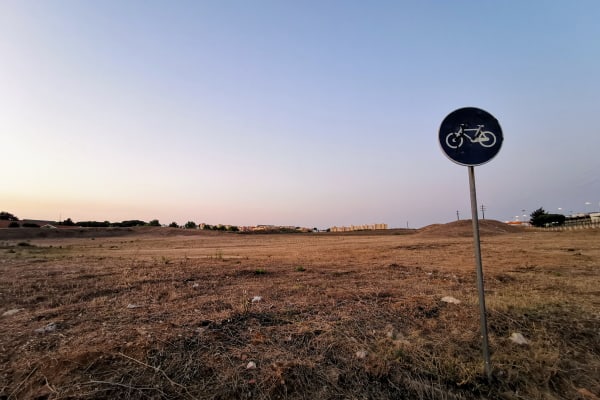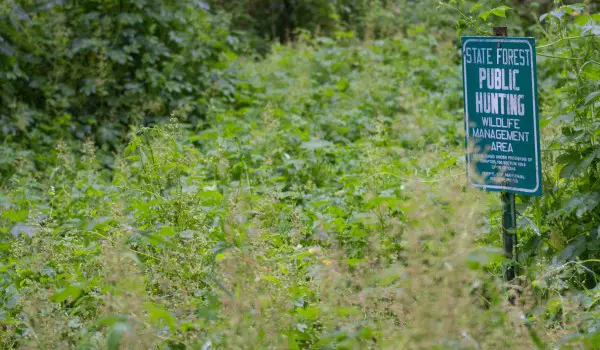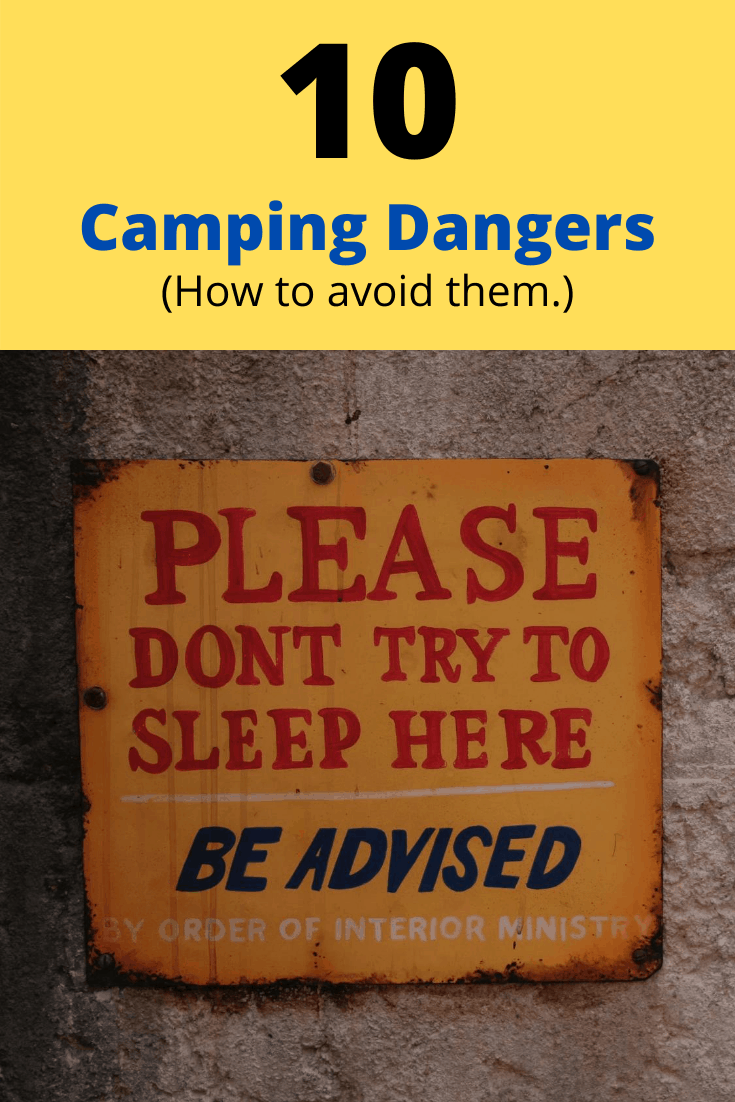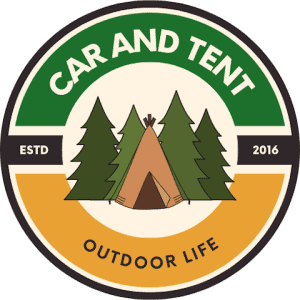
We all know the usual camping safety tips like keeping our food away from bears and doing tick checks but what about the less obvious dangers?
In this post, I’ll give you 10 camping safety tips that you might not have considered.
Table of Contents
Don’t Use Permethrin Around Your Cat
So, you’ve read all about the dangers that ticks pose to your health and you’ve decided to coat your clothing and your gear with permethrin. What you might not know about this chemical is that it can be hazardous to your cat. In large doses, permethrin can actually be fatal.
This doesn’t mean you shouldn’t use permethrin. This chemical is known to quickly incapacitate ticks and it could potentially prevent you from getting Lyme disease, Stari, or any number of tick-borne illnesses.
To avoid harming your pet, spray the permethrin on outdoors. Once it dries, it should be safe to bring around your cat. The reason for this is that the permethrin that’s found in human sprays usually isn’t that strong so it will take a lot of it to cause your cat any discomfort.
If you want to learn more about this, check out this interesting article from NPR. When you’re done there, you might want to check out my article on camping with cats.
Clear At Least 3 Feet of the Ground Around Your Tent
Many modern-day tents are fire resistant but they certainly aren’t fireproof. This means their resistant coating isn’t going to stop your tent from going up in flames if the brush around it catches fire.
One of the best ways to help reduce the chances of your tent burning is to remove any dry brush, grass, or leaves around your tent. Most state websites recommend a three-foot perimeter around your tent but the more you clear, the better.
The second best thing you can do to prevent tent fires is to keep your campfire at least 15 feet downwind of your tent. With this much distance, as well as a bucket of water next to your fire, you should be able to prevent any serious fire mishaps from happening.
Get a Tetanus Shot
Metal tent stakes, old metal camping equipment, and even metal trash left behind at your campsite could give you tetanus. This disease is a serious infection that can damage your brain and your nervous system.
Everyone knows there is a shot for this disease but people often forget to get it. The main reason for this is that most people don’t know how often they need to get it or when they last had it.
I asked my physician about it years ago and he said that everyone should get it every ten years. That sounds like a long time but it goes by quicker than you think.
If you’re not sure when the last time was that you received your shot, go ahead and ask your doctor. One shot in the arm is a much better alternative to a life with tetanus.
Don’t Use Headphones on the Trails
You’re probably rolling your eyes at this one but it’s a serious suggestion. Years ago, a man in Roanoke, Virginia was run over by a cyclist while jogging on a trail by the river.
The man wasn’t badly injured but the cyclist was. This is where the story takes an interesting turn.
The cyclist sued the jogger for $850,000.00 and was awarded a victory of $300,000.00.
Yes, you read that right.
“A woman ran over a jogger while she was biking and she then sued him and was awarded $300,000.00.”
Her defense attorney said that the man she ran into had hearing issues and that he ran in front of her because he couldn’t hear her coming.
Imagine how much she would have been awarded had he been unable to hear because he was wearing headphones. It happened to this man, it could happen to you.
Someone told me this story while I was walking on the trail the man was run over on. I figured it was an urban legend but it wasn’t.
You can find the story at https://www.bicycling.com/news/a20045126/cyclist-awarded-300-000-after-collision-with-runner/ if you don’t believe it.
Pack a Separate Cooler for Raw Food
Interestingly enough, it isn’t nature, fires, people, animals, or even bugs that cause the most harm to people on camping trips. Instead, it’s usually the food that people pack in with them.
Salmonella, E-coli, Listeria, and a whole host of other diseases can be transmitted via raw meat. This usually isn’t a problem because most of us cook our meat well enough to kill these diseases.
The problem comes when contaminated meat finds its way onto our water bottles, soda cans, and any other beverages we might have in our cooler. The same holds true for any other items you might have in there as well.
To be safe, pack an extra cooler when car camping so that you don’t have to worry about any contamination issues. Your other food and drink items will be safe and you’ll be able to transfer any cooked leftovers out and away from any meat that hasn’t been cooked yet.
Choose a Campsite That Can’t Be Driven Through
Camp too close to the road and you could very well be run over while you sleep. This happens a lot more often than you might think and it isn’t always along interstates either.
It can be dark when people arrive at neighboring campsites and they just might not see your tent in time to keep from hitting you. For this reason, try to sleep as far away from the road as you can.
If you’re someplace where the likelihood of being run over seems especially high, consider placing some reflectors onto your tent. This won’t make your tent any more accident-proof but it will increase the odds that the driver will see you in time.
Light up Your Guy Lines
Another way to increase the chances that a driver will see your tent is to put lights on your tent’s guy lines. Of course, this isn’t the primary reason for doing so.
The reason you want to light up your guy lines is so that nobody trips over them after dark. A set of cheap string lights should be all that you need and you may even be able to get solar-powered ones to save you on batteries.
These lights are great for eliminating tripping hazards and they may even help you find your way back from late-night trips to the restrooms.
Be Aware of Hunting Season
A car camper staying in a state park or campground won’t have to worry about hunters. Backcountry campers on the other hand, just might.
Most tents these days are brightly colored and they should be easy for hunters to spot when they’re close by. Place some thick brush in between the hunter and the tent and this fact won’t matter much.

To be safe, know when hunting season is in the areas you’ll be backpacking and camping in. Find out where the designated camping areas are on the trail and try to camp in or around them instead of out on your own.
Bring Your Own Water Purifier
Many campgrounds and state parks that provide “clean” drinking water don’t actually check their water as often as you might think. As a result, you could end up drinking contaminated water that will make you sick. Depending on your health, this could even prove deadly.
This is especially true when you’re camping out in the backcountry. Water filters and water purification tablets can help eliminate some of the problems you’ll find in backcountry water but they won’t eliminate all of them.
To be safe, get a water purifier instead. You can learn more about water filters on my post titled, “Backpacking Water Filters and Water Treatment Tips“.
Avoid Exposure by Moderating Your Alcohol Intake
You already know to pack warm clothing and warm gear when it’s cold. You even know how to build your own campfire and to do your own bushcrafting if things get desperate.
The problem is that this won’t help you if you’re too drunk to feel the cold. Drink a lot of alcohol in one sitting and you might have a fun time, but you might also have frostbite when you wake up.
I once knew a girl who drank too much and passed out in the back of her vehicle in the winter. She lost part of a finger.
Don’t take this risk. Leave the alcohol behind or reduce the amount you drink each night. Not only will this keep you safe at night but it’ll make your mornings a lot more pleasant too.


